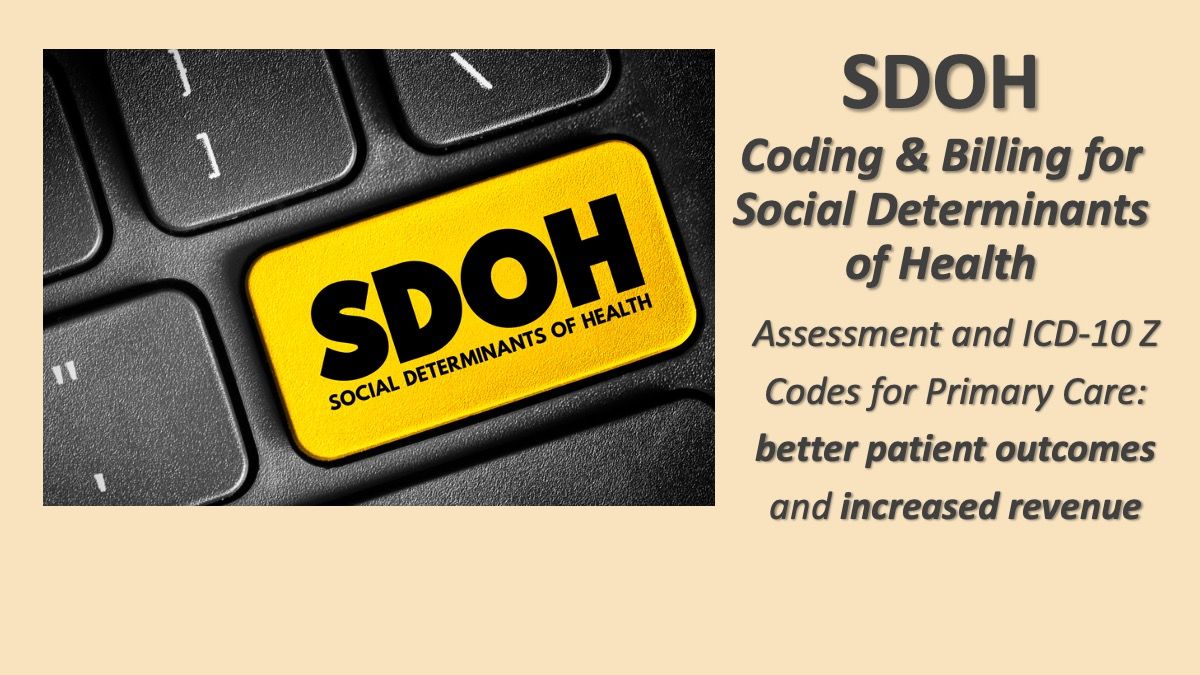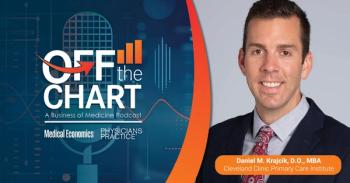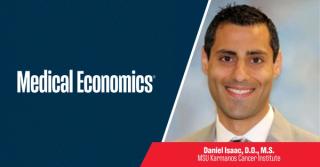
Screening
Latest News
Latest Videos

Shorts
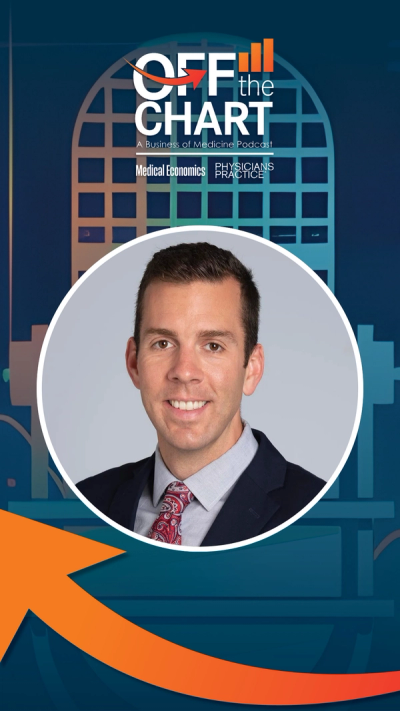
Podcasts
CME Content
More News

News spreads about a possible shakeup coming for U.S. Preventive Services Task Force.
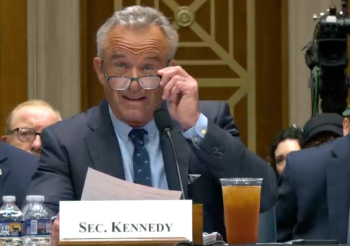
The abrupt postponement of the U.S. Preventive Services Task Force meeting fuels fears of political interference and upheaval in evidence-based medical guidance.

U.S. Preventive Services Task Force recommendations for free screenings, procedures, could have been affected by legal challenge.

Want some quick indicators about patient health? Watch how they walk. Here’s what primary care physicians need to know.

In one of the studies, physicians aided by the DermaSensor device correctly referred 91.4% of cancers, compared with 82.0% without the device — a 50% reduction in missed cancer referrals.

A large clinical trial finds digital cognitive assessments can catch early signs of Alzheimer’s in older adults — but primary care workflows and clinician buy-in remain key barriers.

Multi-cancer early detection screenings could get coverage, once approved by FDA.

Amid growing demand, primary care physicians find themselves on the front lines of autism detection and referral. Here’s what they need to know about new developments in care.

A new national survey finds loneliness is widespread among academic family physicians, especially women and minority doctors, and may be hindering efforts to address the same issue in patients.

Biden reveals aggressive prostate cancer that has metastasized to his bones.

A new national report finds primary care physicians diagnose 41% of pediatric major depressive disorder cases, often before crisis hits.

A recent review links symptom dismissal to depression, care avoidance and delayed diagnoses — raising urgent questions for physicians facing uncertain cases.

Evidence-based strategies for delivering unexpected or life-changing diagnoses with empathy, clarity and professionalism — while maintaining trust in the process.

Fear, inconvenience and distrust in doctors are keeping patients away from preventive care — even as health risks climb.

Dementia costs will soar to $781 billion by 2025, driven by unpaid caregiving and lost income, highlighting the emotional toll on families.

Businesses challenge authority to require health insurance coverage for free screenings for cancer, other ills.

A new study shows a sharp drop in early diagnoses after major disasters — and a rebound in late-stage cases.
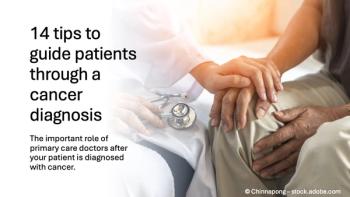
The important role of primary care doctors after your patient is diagnosed with cancer.
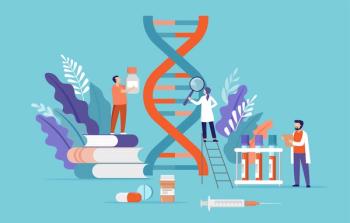
People who requested genetic tests were customers, not patients, so legal protection may be limited.

Because early detection is key, here is what clinicians should know about advanced strategies and emerging treatments to optimize patient outcomes in bladder cancer management.

Primary care must lead the way in elevating dementia to the same priority level as cardiovascular disease, cancer and diabetes

Researchers compare patient engagement strategies to improve genetic testing uptake in primary care practices.

South Korean researchers find that AI-assisted mammography interpretation significantly improves breast cancer detection rates without increasing recall rates
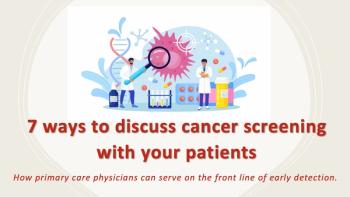
Primary care physicians have a chance to save lives through early detection of cancer.

U.S. Preventive Services Task Force taking nominations through mid-March for national panel of health care advisers.


